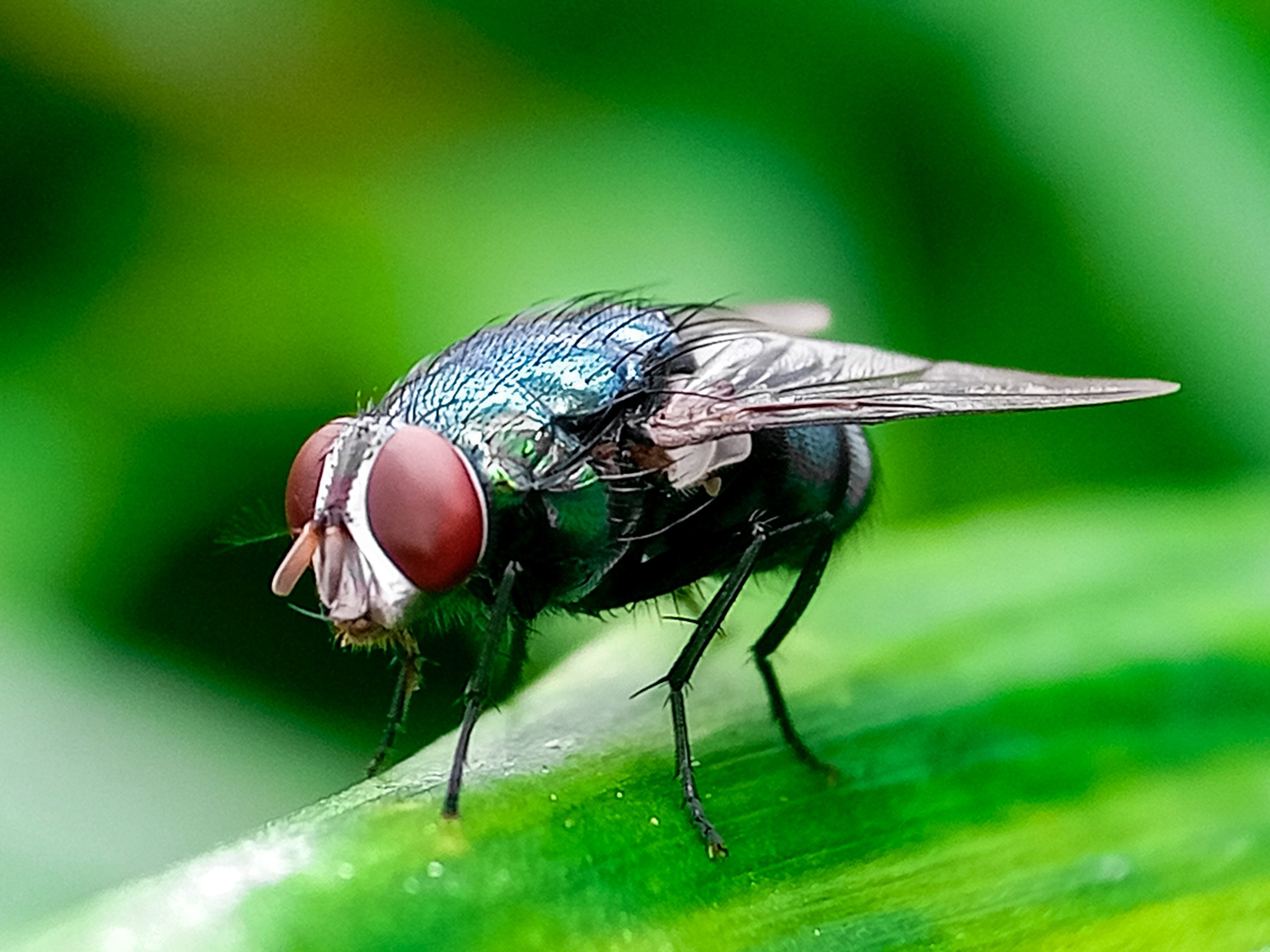It’s seems odd that a large animal like an elephant would be afraid of a group of tiny bees. But a team of researchers in Africa are deterring 80 percent of elephants away from farmland because of that strong fear.
Elephants forage crops in the night and destroy livelihoods when they wildly trudge through villages, causing physical and financial harm to the people nearby.
Aggressive African bees have learned to target the tough-skinned elephants in sensitive areas such as the trunk and eyes, causing harm to the large animal.
Researchers took these two situations and found that one way to keep elephants out of an area is by placing hives every 20 meters. The majority of elephants will not pass into human-dwelling areas past those points, greatly reducing elephant-human conflict based on natural relationships that already exist. Since other solutions have proven to be too difficult or expensive to maintain, as was the case with electric fences, this could be the new universal tactic.
A new study hopes to bring this same protection to elephants in Asia. However, the result is not expected to be as effective there since Asian bees are not as aggressive. Check out more on this phenomenon in the recent New York Times article.
In more elephant-related news, another study reveals that ancestors of the modern elephant all shared similar DNA, but the three species of elephant alive today all have unique genetics. This research also confirmed that there has been no interbreeding between modern forest and savannah African elephants for at least 500,000 years. These seemingly small details about DNA are important as conservation plans are developed. For more information on elephant ancestors and their interesting interactions, see an article by Science Daily.



